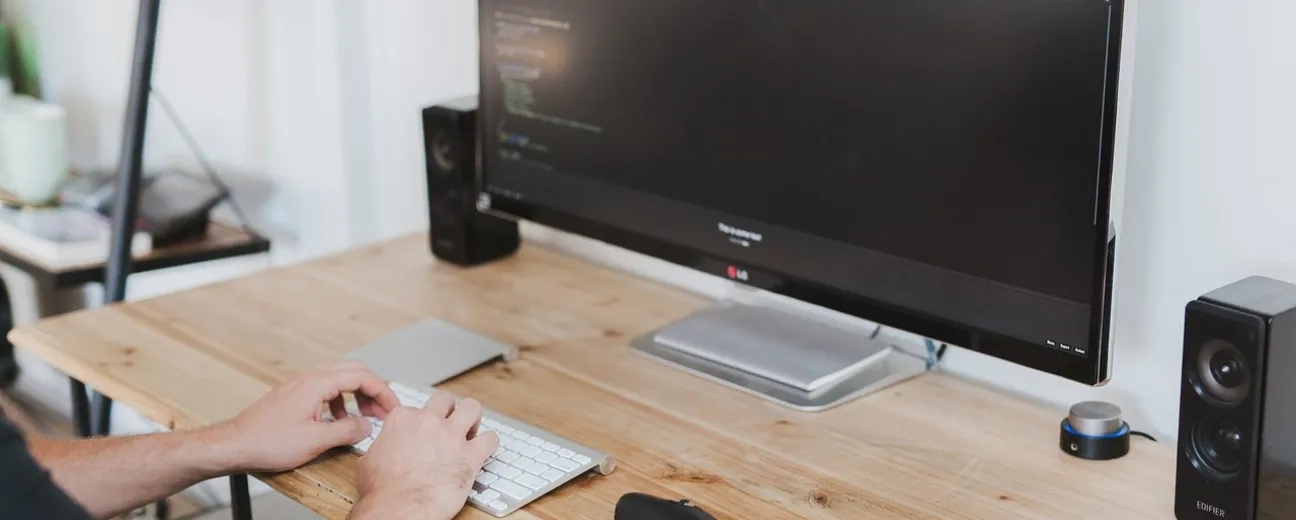
We’re excited to hear your project.
Let’s collaborate!

Last' year's “Should I learn Nodejs?” dilemma has turned into an “I'll strive to become a better Nodejs developer!” resolution this year. Nodejs is already developers' “adored” framework and building "the next big thing" in terms of Nodejs-backed apps is the new challenge in 2018! And this definitely calls for a shiny and new set of coding habits to integrate into your Nodejs app development workflow.
New code practices to stick to when writing Nodejs apps, new coding standards that you should follow and techniques to master for using this framework to its full potential. To your future apps' advantage, of course.
Speaking of which, here's a list of 12 Nodejs development pieces of advice for you to consider if one of your resolutions for 2018 has been: “To become a Nodejs padawan!”
Think ahead of ES modules' current situation. Which is the following:
Do consider learning the basics and be ready to level up from there. Since it's pretty obvious that 2018 has lots in store for the ES modules.
There are 2 ways of carrying out your input/output operations and setting up your Nodejs development environment:
Now just consider a scenario of multiple operations to be performed, where resources keep getting blocked... This would have a dramatic impact on your Nodejs app's performance!
In other words: embrace the asynchronous code!
Use async-await! Turn it into your own “trump card” for handling async events and embrace the simplified version of the once so overwhelming code bases.
Keep it small! Get into the habit of writing “bite-sized” chunks of code replacing the tediously long blocks of code that you might be used to right now.
Here's why:
Since the Nodejs application architecture is a microservices-based one.
Therefore, one of the best code practices to incorporate into your workflow is using containers. Containerize your Nodejs apps and streamline your services deployment by tapping into these 2 techs this year:
Friendly advice: before you jump straight to containerizing your services, take some time to upgrade your existing code; for this, apply the principles included in the 12-factor app methodology.
Especially if it's a complex microservice ecosystem that you need to keep a close eye on!
Monitor your system, using the ever-improving toolbox at your disposal, detect and fix errors before they even get to catch your app users' attention.
Close and on-going monitoring sure is one of the very best Nodejs app development habits that you could develop this year!
Be alert and avoid those scenarios where you leave trouble-making bugs behind, as you “knit” your web of code.
And being alert means:
Note: luckily for you, incorporating this practice into your Nodejs app development process is somewhat easier when using this framework.
Again: always be one step ahead of the game! And since we can't but anticipate that HTTP/2 will be going from experimental to stable this year in Nodejs, make sure it won't “take you by surprise”.
HTTP/2 has multiplexing and server push, with a signification impact on the native module loading in browsers.
So, there's no doubt about it: it's going to lose the “experimental” flag, that it has been wearing since Nodejs 8.8, and become the new standard with Nodejs this year.
And this practice is what sets apart a Nodejs padawan from a Node.js... enthusiast.
If you've decided to learn Nodejs this year, make sure you delve deep(er) into its set of best practices (don't just scratch the surface): use semantic versioning for letting the users know that you've updated the app.
To inform them about the actions that they should perform in order to update the app to its latest version.
In short: by updating your packages without SemVer you risk breaking up your precious app!
Make sure your Nodejs app is 100% secure above all! Apps' security has been both the vulnerable aspect and the ultimate objective for app developers in 2017.
And 2018 is no different from this standpoint!
Run tests over tests to “challenge” your Nodejs app's security by tapping into all the apps that this framework puts at your disposal:
If there's a vulnerability there, somewhere, within your app, make sure you track it down before... it gets exploited!
Following a set of coding standards will just guarantee you that no big issues will show up later on. In this respect, the JavaScript standard style makes the best choice for your Nodejs app development workflow.
Here's why:
“Pin” this app development advice right on top of your list of best practices!
It will make all the difference! By grouping all your “require” statements right at the top you'll practically:
steer clear of performance issues, since “Require” is synchronous and it will simply block the executions (thus avoiding ugly scenarios)
Major tip: use Node's built-in module loading system; it comes with a "require" function which will automatically load the modules existing in separate files.
END of the list! These are the top code practices & new “healthy” habits to get into this year for making the most of this framework.
And thus turn your Nodejs app development projects into the next famous apps built with Nodejs!

We’re excited to hear your project.
Let’s collaborate!